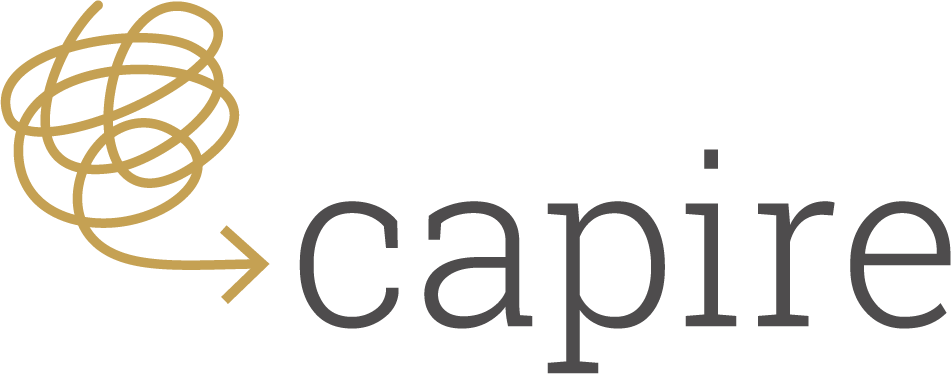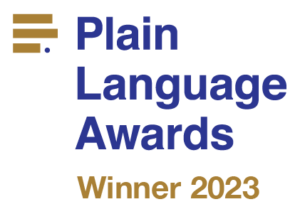Does my work need editing or proofreading?
When people ask us to proofread their work, nine times out of ten their document needs editing. As a writer, you don’t need to be an expert in editing process and tasks (that’s our job), but it can help to understand the basics.
It’s not surprising that people confuse editing and proofreading — after all, they are both part of writing a document — and for some, ‘editing’ suggests working with photographs or audio-visual material.
How to decide if your work needs editing or proofreading
What is the difference between editing and proofreading?
Editing
The purpose of editing is to improve the quality of writing; editing takes your ideas and information and makes them sing. An editor examines a document’s structure, language and content. They check if the document fulfils its purpose and is suitable for its readers. However good your ideas and information are, without editing they may be misunderstood and not used.
Editing can be useful at any stage during the writing process, but involving an editor early can save you time and help you create a better document. Find out more about the different types of editing.
Proofreading
The purpose of proofreading is making a document ready for publication; it perfects writing that already achieves its purpose and suits its readers. A proofreader picks up errors (such as spelling, grammar and punctuation) and inconsistencies (such as how language, style or format are used). Proofreading avoids confusing, embarrassing or litigious mistakes that can be damaging and costly to your organisation.
Proofreading is a final check of a document before it is published, submitted or given to its readers.
How long do editing and proofreading take?
Despite knowing how long a document would take simply to read, some people are still surprised at the time editing takes. Involving an objective outsider to edit your work is a good idea, because they can look at it from your readers’ perspective. However, if your document contains complex concepts and language, lacks direction, or has been written by several people, it will take an editor time to unravel, restructure and clarify your text for your audience.
Proofreading takes meticulous care and concentration. However, because a proofreader doesn’t analyse the structure, language or content, they will work more quickly through your document than an editor can.
Which service do I need?
All documents benefit from editing and proofreading. Depending on the quality of your draft document, it may benefit from being edited more than once. While some professionals specialise in editing or proofreading, many, like me, will offer both as a combined service.
What can you do if your budget does not stretch to editing and proofreading?
Editing
We recommend choosing editing if any one of these factors apply to you:
- the document is critical to your organisation’s performance, reputation or survival
- the document is written by an expert(s) but will be read by non-specialists
- the document has been written or rewritten by several people, sometimes with opposing views.
Your editor will return your document with changes for you to review and comments for you to respond to. Once you’ve dealt with these, your document will need to be proofread. If you choose to do this yourself, download and print this proofreading checklist to help you.
Proofreading
If any of these factors apply, proofreading may be enough for your document:
- you are confident in the quality of the writing
- you know the document is not critical to your organisation
- you have tested the document on a sample of your target readers and they understand it
- you have had the document professionally edited.
Summing up
Here’s a reminder of the main differences between proofreading and editing.
| Editing | Proofreading | |
|---|---|---|
| Purpose | Improves the quality of writing, so that it achieves its purpose and suits its readers | Perfects a document that already achieves its purpose and suits its readers, and makes it ready for publication or submission |
| Focus | Structure, language and content | Accuracy and consistency |
| Result | An improved draft with suggestions and comments for the writer to consider | A final document |
| Suitable documents | All documents, especially if they are critical to an organisation, written for non-specialists or written by multiple authors | All documents |
| Suitable time | Useful at various points, but especially when a first or second draft is ready | After editing and when the writer has responded to all editing changes and completed a final draft |
| Time required | From several days to several weeks, depending on quality of writing, complexity and length/word count | From several hours to several days, depending on length/word count and if the document has been professionally edited |
Capire is a leading New Zealand writing consultancy for governments, NGOs and international development agencies. We help organisations transform their complexity into plain English. Find out more about how we can help your organisation or sign up for our newsletter to get more tips to improve your writing.























